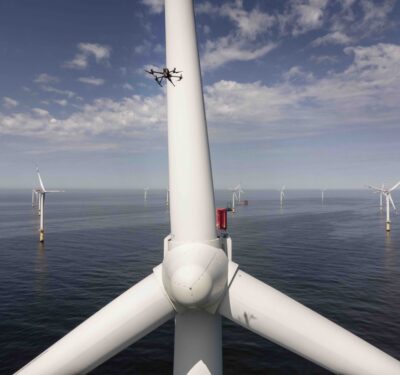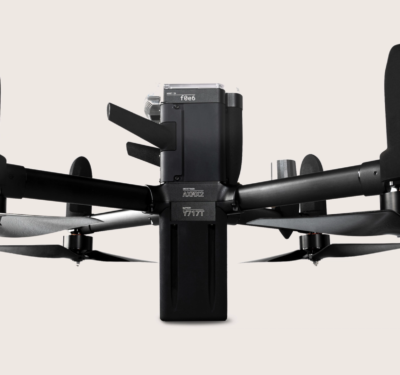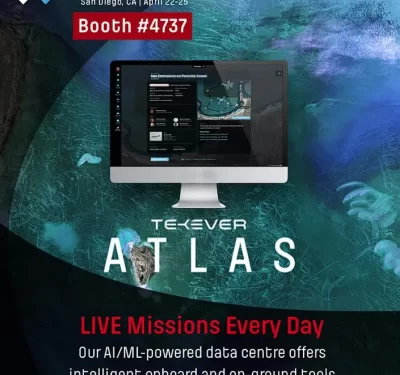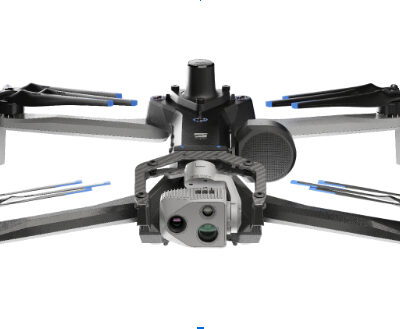EASA, the European Union Aviation Safety Agency, has approved the certification basis for the Veronte Autopilot, making it the first guidance and flight control system for UAS and eVTOL to undergo an ETSO-C198 certification process.
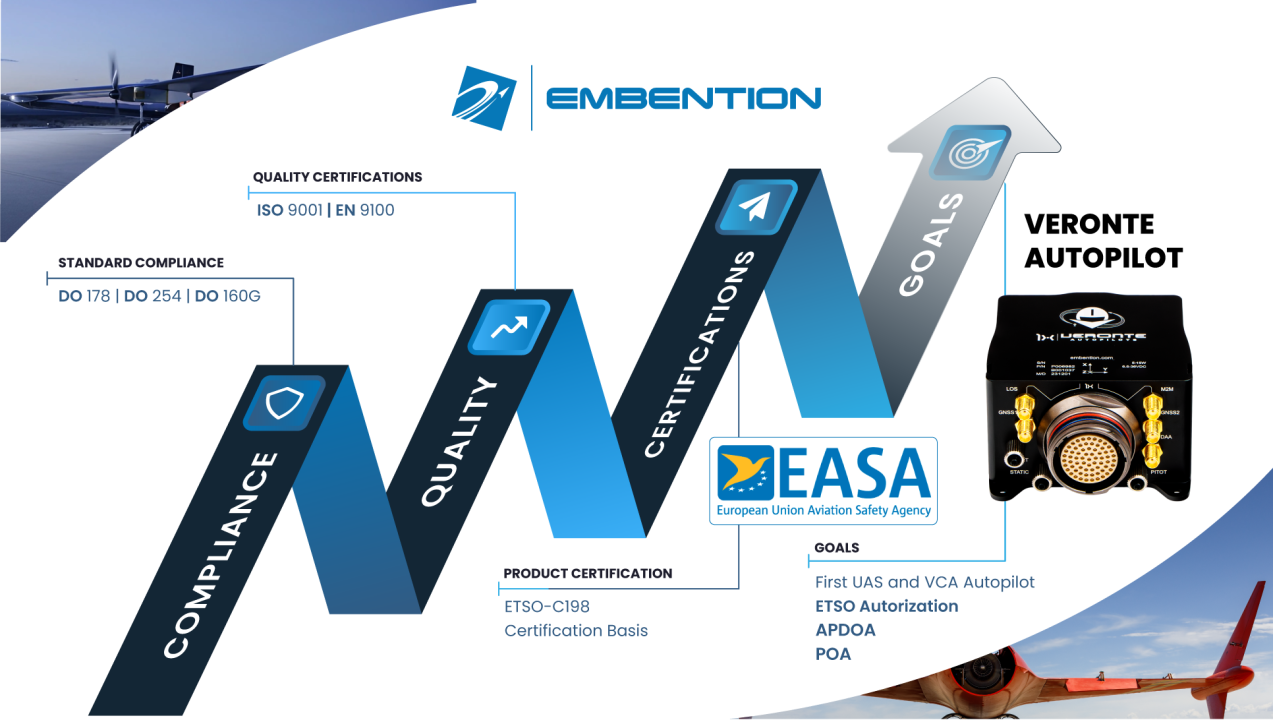
After complying with aviation standards DO-178C, DO-254, DO-160, and achieving ISO9001 and EN9100 certifications, the Spanish company has reached the first milestone with EASA in obtaining an ETSO authorization for the Veronte Autopilot. This miniaturized flight control system is designed for advanced control of both manned (eVTOL / VCA) and unmanned (UAS) autonomous vehicles.
EASA has verified and approved the Certification Programme and the Article Technical Specification, documents that establish the certification basis for the Veronte Autopilot under the framework of ETSO-C198 “Automatic Flight Guidance and Control Systems (AFGCS).” This milestone marks the first step in obtaining an ETSO certification level for the autopilot.
Autopilot for UAS and eVTOL with ETSO certification
This certification of the autopilot as a component will confirm compliance with manned aviation standards, facilitating the certification of both manned and unmanned aircraft. These levels of compliance are necessary for the operation of unmanned aircraft in the Certified Category (according to Regulation (EU) 2019/947) and for VTOL (VCA) aircraft that carry passengers. It will also enable the installation of the Veronte Autopilot in already certified manned aircraft in accordance with Regulation (EU) 748/2012 and its annex, known as Part 21.
According to Javier Espuch, Chief Business Development Officer at Embention: “This achievement with EASA represents an unprecedented advancement in our path to certify the Veronte Autopilot under the ETSO-C198 framework. This step reinforces our commitment to innovation and safety to enabling drones to populate our skies.”


